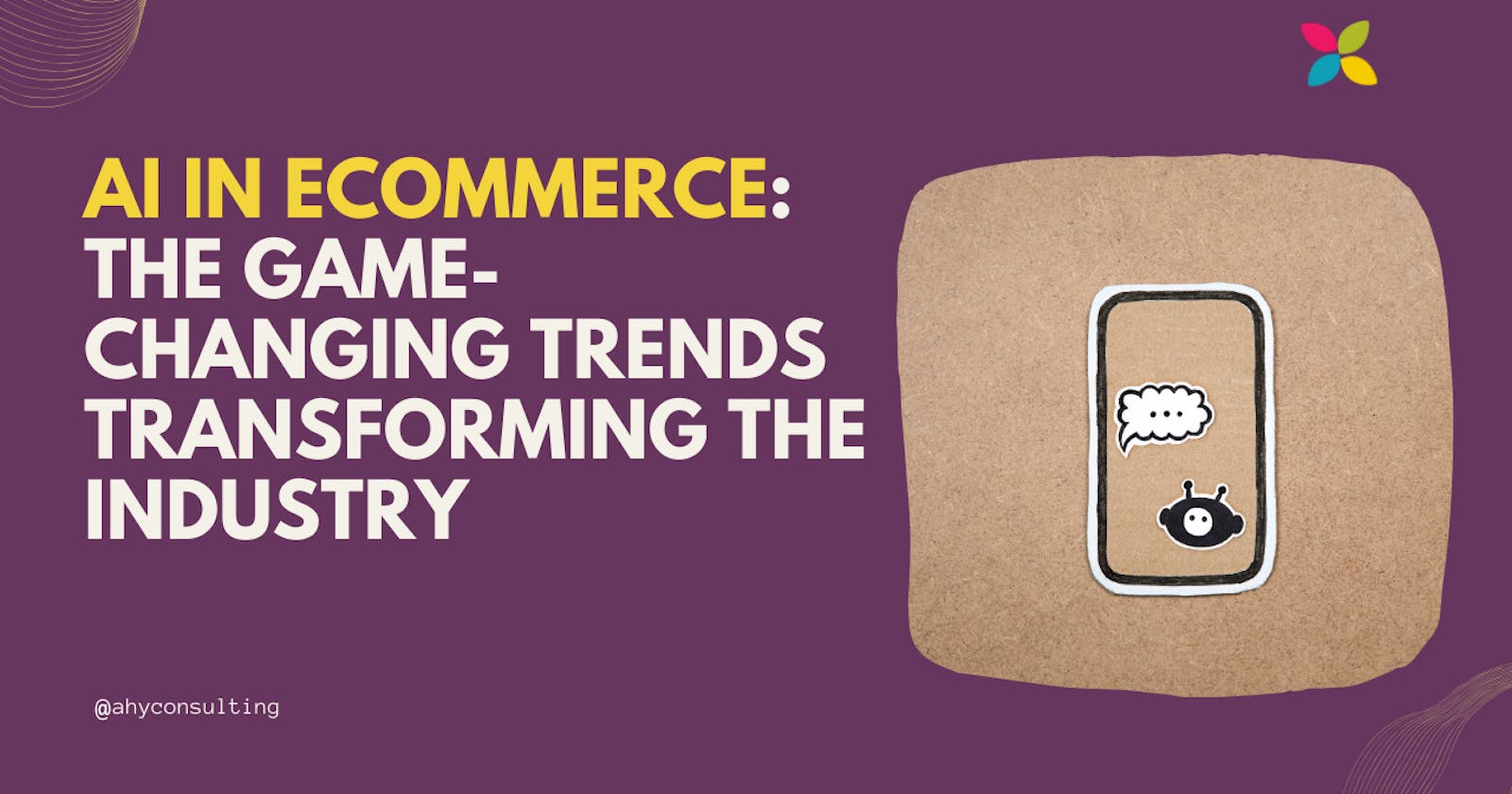AI in eCommerce: The Game-Changing Trends Transforming the Industry
Revolutionizing Retail: How AI is Redefining eCommerce in 2024
The integration of Artificial Intelligence (AI) in eCommerce has been nothing short of revolutionary. As we progress through 2024, AI continues to transform the industry, offering unprecedented opportunities for businesses to innovate, personalize, and streamline their operations. Let's explore the game-changing trends in AI that are currently reshaping the eCommerce landscape, turning challenges into opportunities, and setting new benchmarks for success.
1. Personalized Customer Experiences at Scale
One of the most significant impacts of AI in eCommerce is the ability to provide personalized experiences to customers at an unprecedented scale. AI algorithms analyze customer data, including browsing patterns, purchase history, and preferences, to offer tailored recommendations and content. This level of personalization deepens customer engagement and loyalty, leading to increased sales.
Impact:
Enhanced customer satisfaction and retention, as shoppers receive highly relevant product suggestions and content.
2. Intelligent Search and Visual Discovery
AI has transformed search functionality within eCommerce platforms. With advanced natural language processing (NLP) and visual search capabilities, AI enables more intuitive and efficient product discovery. Customers can now search using natural language or even images, making the process more aligned with human behavior and preferences.
Impact:
Improved user experience and higher conversion rates, as customers find what they need faster and more accurately.
3. Automated Customer Service with Chatbots
AI-powered chatbots are redefining customer service in eCommerce. These chatbots provide instant, 24/7 support, handling inquiries, resolving issues, and even assisting in the shopping process. This automation not only enhances customer experience but also reduces the operational load on human support teams.
Impact:
Increased efficiency and customer satisfaction, with quick and accurate responses to customer queries.
4. Predictive Analytics for Inventory and Demand Forecasting
AI-driven predictive analytics are crucial for inventory management and demand forecasting in eCommerce. By analyzing past sales data, market trends, and consumer behavior, AI helps businesses anticipate future demand, optimize inventory levels, and reduce overstock or stockouts.
Impact:
Improved operational efficiency, reduced costs, and maximized profits.
5. AI-Driven Marketing and Retargeting
AI is playing a pivotal role in eCommerce marketing and retargeting strategies. By analyzing customer data, AI optimizes marketing campaigns to target the right audience with the right message at the right time. It also enables effective retargeting, turning potential lost sales into successful conversions.
Impact:
Increased ROI on marketing spend and higher conversion rates.
6. Enhanced Security and Fraud Detection
In the realm of online transactions, security is paramount. AI enhances eCommerce security by identifying and preventing fraudulent activities. By analyzing transaction data and detecting anomalies, AI systems can flag and prevent fraudulent transactions, safeguarding both the business and its customers.
Impact:
Stronger trust in the eCommerce platform and reduced financial losses due to fraud.
Conclusion
AI in eCommerce is not just a trend; it's a transformative force that is redefining how businesses operate and engage with customers. From personalized shopping experiences to efficient operations and enhanced security, AI is the cornerstone of modern eCommerce strategies. Embracing these AI-driven trends is essential for businesses looking to thrive in the competitive digital marketplace.
Looking to leverage AI in your eCommerce strategy? Connect with an AI in eCommerce Expert to transform your business today.

